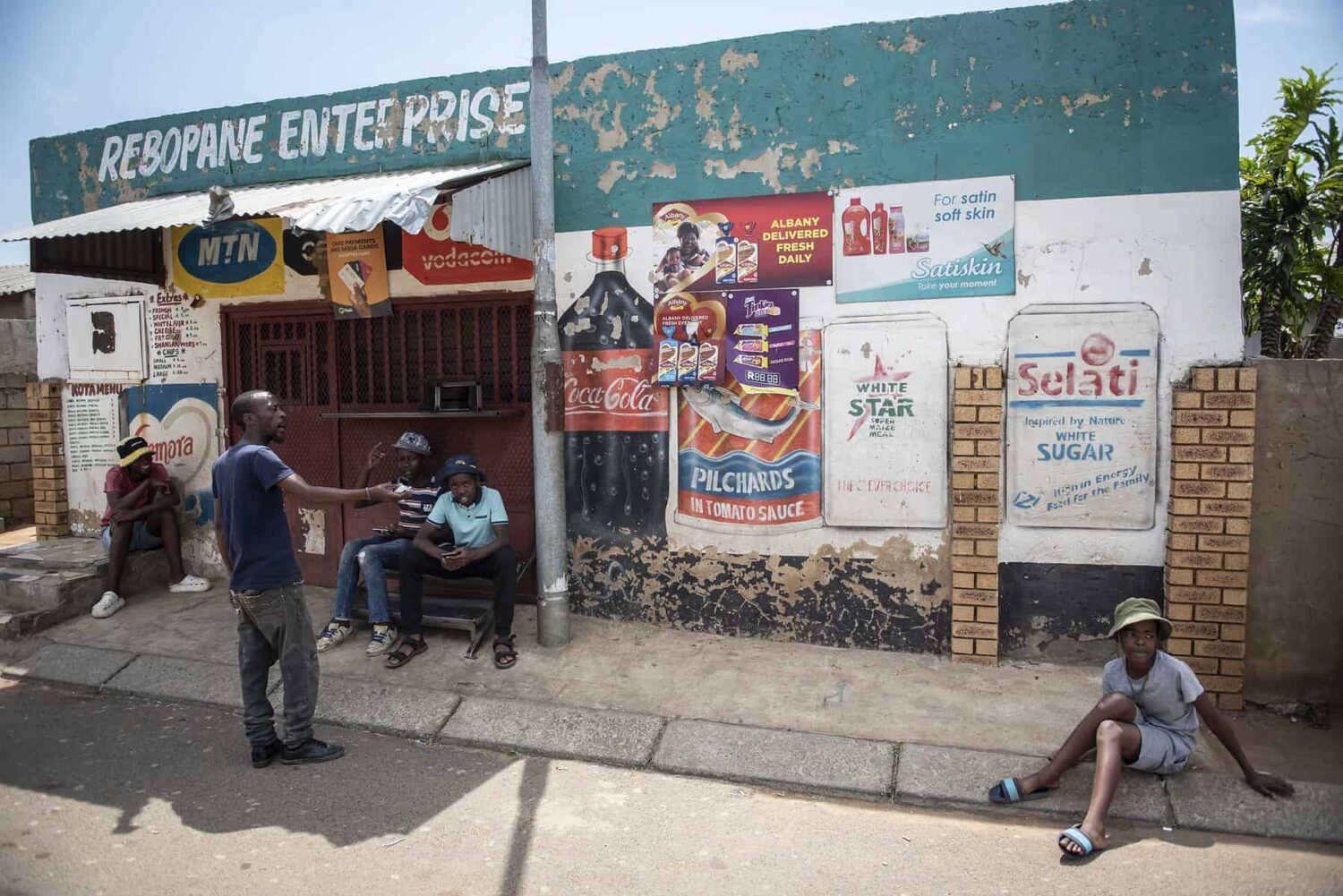The South African government has launched an intensified investigation into the presence of terbufos, a banned pesticide, in food sold at spaza shops following the deaths of over 20 children and hundreds of reported illnesses.
Discovery of Terbufos in Spaza Shops
Minister of Agriculture John Steenhuisen confirmed during a media briefing in Pretoria that terbufos, linked to the pesticide aldicarb banned in South Africa in 2016, was discovered in three of the 84 spaza shops inspected in Soweto. Steenhuisen suggested the substance is likely being imported illegally, possibly from neighboring countries.
“What also heightens the suspicion is that terbufos has been found with aldicarb, a pesticide no longer legally available in South Africa,” said Steenhuisen. Laboratory tests are underway to determine the source and composition of the seized terbufos, with results expected soon.

Aldicarb and Terbufos: Misuse in Food Products
Both aldicarb and terbufos are highly toxic pesticides intended for agricultural use. Aldicarb, a crystalline insecticide with a sulfur-like odor, has been banned due to its severe health risks. Steenhuisen emphasized that the manufacturing and distribution of terbufos are strictly regulated, with only a handful of active licenses in South Africa.
Health and Legal Challenges
Minister of Health Aaron Motsoaledi acknowledged the difficulties in prosecuting spaza shop owners linked to the deaths. While shops can be shut down for selling banned substances, direct evidence is required to hold owners accountable for specific fatalities.
Meanwhile, Cooperative Governance Minister Velenkosini Hlabisa classified the crisis as a national disaster, enabling multi-departmental action but stopped short of declaring a full-scale national disaster.
Crackdown on Counterfeit Goods
Law enforcement operations have uncovered massive amounts of illicit goods tied to food safety violations. In KwaZulu-Natal, police raided three warehouses in Durban’s Bluff area, seizing expired food, counterfeit goods, and pesticides valued at approximately R800 million. Similar operations in the Western Cape and Gauteng resulted in confiscations worth R4.9 million.
Stricter Regulation of Spaza Shops
Justice Minister Thembi Simelane highlighted the government’s focus on regulating spaza shops. She stressed that only South African citizens with registered businesses in compliance with municipal bylaws and the South African Revenue Service (SARS) can legally operate such establishments.
Simelane also warned against “fronting” practices where South African citizens register businesses on behalf of foreign nationals, a violation of the Immigration Act. Minister of Small Business Development Stella Ndabeni-Abrahams reiterated the government’s stance, warning that the system would catch fraudulent registrations.
Government’s Commitment
To support compliant businesses, Simelane announced plans to fund youth-owned enterprises, particularly those led by women. The government aims to strengthen oversight and ensure the safety of products sold in local communities.
The ongoing investigation and regulatory efforts underscore the government’s commitment to addressing foodborne illnesses and protecting public health in South Africa.






















